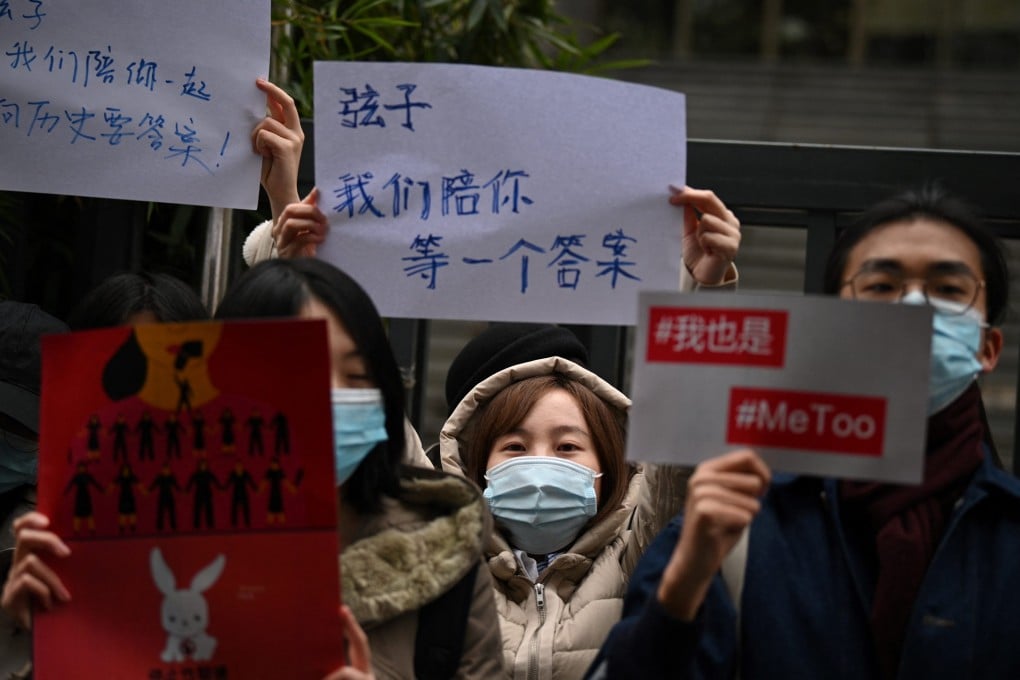Advertisement
Lunar | Five years on, has #MeToo hit a wall – or is deeper change possible?
- While the movement has yet to produce the systemic change needed to protect survivors of sexual abuse, it has pushed boundaries in some societies
- Moreover, it is heartening that women are still speaking out and sparking conversations
Reading Time:3 minutes
Why you can trust SCMP
1

In 2017, after the publication of an article in The New York Times that exposed Hollywood producer Harvey Weinstein as a serial sexual harasser and abuser, the #MeToo movement went viral on social media and entered the history books. The Me Too campaign, originally created by activist Tarana Burke, allowed millions of survivors to describe their experiences of being harassed, groped, sexually assaulted and threatened. Many found an understanding community which helped their healing and empowerment.
Advertisement
Five years on, however, the feeling is that the movement has hit a wall. It became clear during the social media circus surrounding the defamation trial between actor Johnny Depp and actress Amber Heard that the movement had failed to induce the systemic change necessary to protect survivors of sexual abuse and assault, and that a backlash was coming.
China is just one of many countries facing this very paradox: while more women have been speaking out about assault in recent years, the conditions for them to do so seem to have worsened.
Journalist Huang Xueqin, a leading figure in the country’s #MeToo movement, has been detained since 2021 and charged with trying to subvert state power. Although the National People’s Congress enacted legislation defining sexual harassment as a legal offence, a Chinese court in August rejected the appeal of screenwriter Zhou Xiaoxuan in her landmark sexual harassment case against popular state television host Zhu Jun, citing insufficient evidence.
After tennis star Peng Shuai alleged in a Weibo post in November last year that a former senior politician had sexually assaulted her, the post was quickly censored and Peng disappeared from public sight for weeks, triggering international concern. She later retracted her accusation in interviews.
Advertisement
Most of these high-profile cases did not reach the resolutions many had expected. But as Leta Hong Fincher, author of Betraying Big Brother: The Feminist Awakening in China, argues, the #MeToo movement has been pushing the boundaries of what is permitted by the Chinese government.

Advertisement

